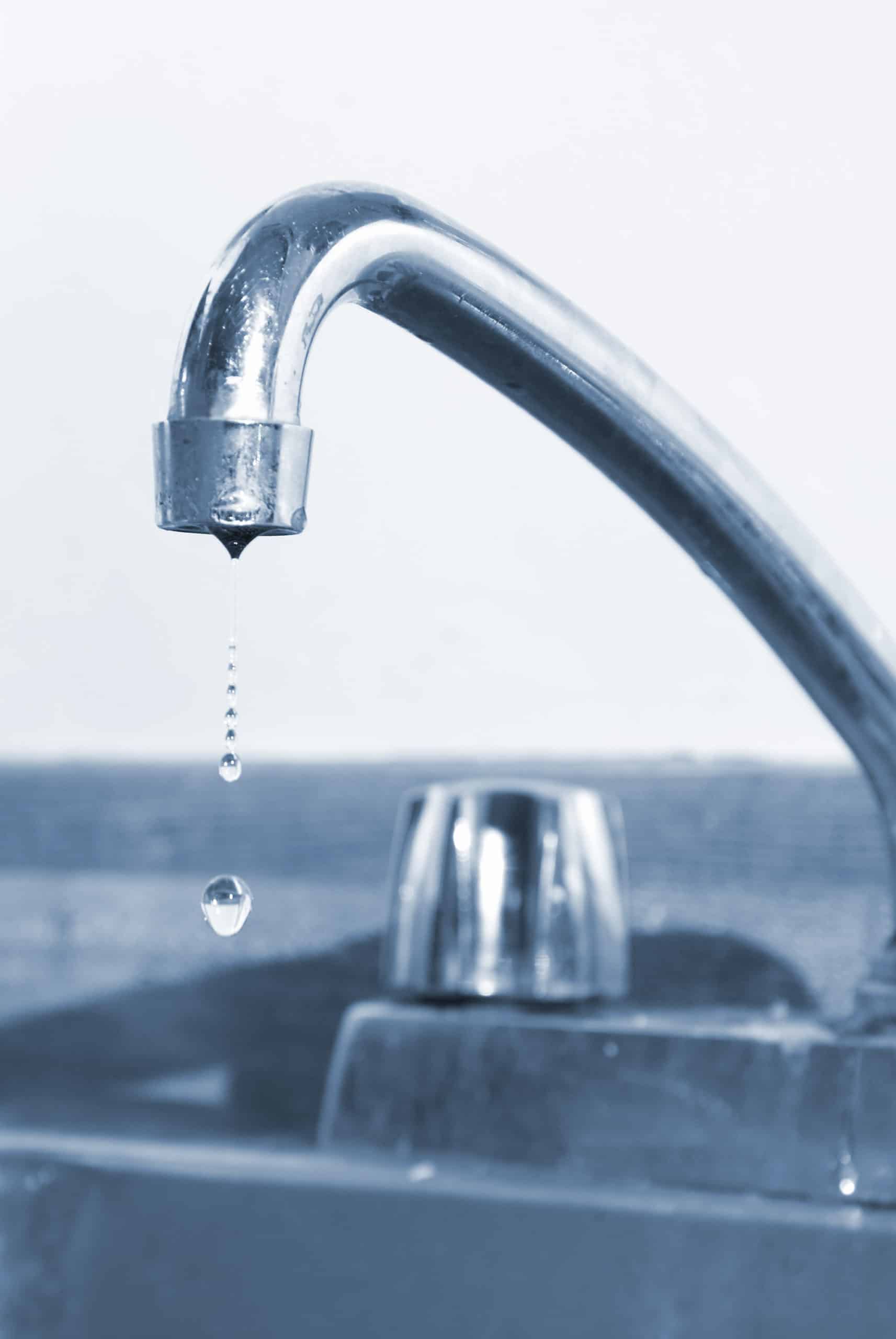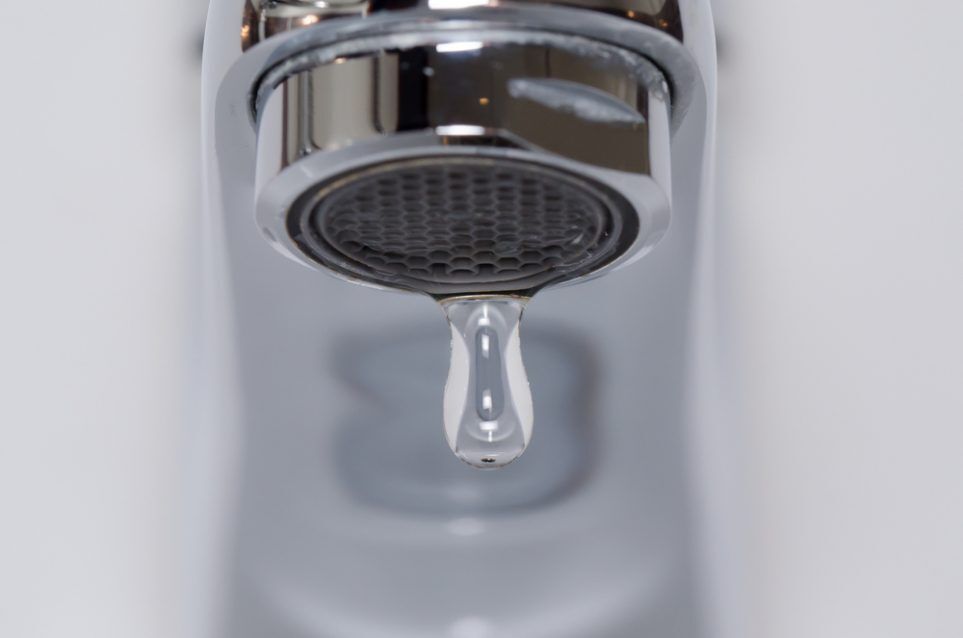Our Reasons Behind Resolving a Broken Faucet
Our Reasons Behind Resolving a Broken Faucet
Blog Article
Here on the next paragraphs you'll find a good deal of worthwhile facts in regards to Why Is It Important To Fix Your Leaking Tap/Faucet?.

Trickling faucets might appear like a minor trouble, yet their impact exceeds just the annoyance of the audio. From wasting water to incurring unneeded monetary prices and wellness risks, ignoring a dripping faucet can cause different consequences. In this short article, we'll delve into why it's crucial to address this typical family problem without delay and successfully.
Wastefulness of Water
Ecological Impact
Dripping faucets contribute considerably to water wastefulness. According to the Epa (EPA), a solitary tap leaking at one drip per second can lose greater than 3,000 gallons of water annually. This not only stress water resources yet additionally impacts environments and wild animals dependent on them.
Financial Expenses
Raised Water Costs
Beyond the ecological influence, trickling faucets can inflate water bills significantly. The accumulated wastage gradually converts right into greater utility expenditures, which can have been prevented with timely repairs.
Possible Property Damages
Moreover, extended leaking can bring about harm to components and surface areas bordering the tap. Water accumulation can create discoloration, rust, and even structural problems if left neglected, causing added repair prices.
Wellness Issues
Mold And Mildew and Mildew Development
The constant presence of dampness from a leaking faucet develops a perfect atmosphere for mold and mold growth. These fungis not just jeopardize interior air quality but additionally position wellness risks, especially for individuals with respiratory system conditions or allergies.
Waterborne Diseases
Stationary water in trickling taps can end up being a breeding place for bacteria and various other microorganisms, enhancing the danger of waterborne diseases. Contaminants such as Legionella bacteria prosper in stagnant water, possibly resulting in major illnesses when ingested or inhaled.
Do it yourself vs. Expert Repair work
Benefits and drawbacks of DIY Fixing
While some might attempt to repair a trickling faucet themselves, DIY repairs include their own collection of difficulties. Without appropriate expertise and devices, DIY attempts can exacerbate the problem or cause incomplete repairs, lengthening the trouble.
Benefits of Working With an Expert Plumber
Hiring a specialist plumber makes sure that the underlying cause of the leaking tap is attended to effectively. Plumbing technicians have the knowledge and equipment to detect and fix faucet concerns effectively, saving time and reducing the risk of more damage.
Step-by-Step Guide to Repairing a Dripping Tap
Devices Required
Prior to trying to fix a leaking tap, collect the required tools, including a flexible wrench, screwdrivers, substitute parts (such as washing machines or cartridges), and plumber's tape.
Typical Faucet Issues and Their Solutions
Identify the type of faucet and the certain problem creating the drip. Usual troubles include worn-out washers, corroded shutoff seats, or damaged O-rings. Refer to supplier guidelines or online tutorials for step-by-step guidance on repair work.
Preventive Measures
Normal Maintenance Tips
To prevent trickling faucets, do regular upkeep such as cleaning aerators, inspecting for leaks, and replacing worn-out parts quickly. In addition, think about setting up water-saving gadgets or upgrading to much more effective components.
Relevance of Prompt Repair Works
Dealing with dripping taps as quickly as they're noticed stops more water waste and potential damages, inevitably conserving both water and money in the long run.
Influence On Home Value
Assumption of Well-Maintained Building
Preserving a property in good condition, consisting of resolving maintenance concerns like dripping taps, improves its regarded value and charm among possible buyers or lessees.
Influence on Resale Value
Properties with well-maintained plumbing fixtures, consisting of faucets, command higher resale values in the property market. Addressing trickling faucets can contribute to a favorable impression during property assessments and arrangements.
Environmental Responsibility
Individual Payment to Conservation
Taking duty for dealing with trickling taps aligns with wider initiatives towards water conservation and ecological sustainability. Every person's activities collectively make a substantial influence on preserving valuable resources.
Lasting Living Practices
By focusing on timely fixings and taking on water-saving behaviors, individuals add to lasting living techniques that profit both existing and future generations.
Verdict
Addressing a trickling tap goes beyond plain convenience; it's a necessary action towards preserving water, reducing financial prices, and protecting health and wellness and building. Whether with DIY repair work or expert help, taking action to fix leaking taps is a small yet impactful method to promote responsible stewardship of resources and contribute to a much healthier, a lot more sustainable future.
How to Fix a Leaky Faucet: Step-by-Step Repair Guide
A leaky faucet may seem like a simple annoyance, but if it's not fixed promptly, that leak could cost hundreds to potentially thousands. From water damage to mold, mildew, and high water bills, even a tiny leak can be catastrophic if left unattended. Damage like this can even affect the overall value of your home, so it's important to take the right approach for leaky faucet repair. You may need the help of a plumber in some cases, but we've got a few tips you can try on how to fix a leaky faucet before calling the pros.
Four Faucet Types
When you're learning how to fix a leaky faucet, the first step is knowing what kind of faucet you're working with! There are four common types.
Cartridge Faucets
Cartridge faucets come in one- or two-handled varieties. In one-handled cartridge faucets, hot and cold water combines in a single cartridge. In the two-handled versions, hot and cold water are controlled separately and mixed in the faucet.
Ball Faucets
Ball faucets have a single lever you push up and down to adjust the pressure and rotate to change the temperature. A slotted metal ball controls the amount of water allowed into the spout.
Compression Washer Faucets
They're the oldest type of faucet, but they're still used in many homes — especially older ones. Compression faucets have two separate handles that, when turned, raise or lower the washer that seals a water valve. This valve stops water from flowing through the faucet when it is turned off.
Disc Faucets
Disc faucets rarely need to be repaired due to their maintenance-free design. The water flow is controlled by two discs — the upper one raises and lowers against a fixed lower disc, creating a watertight seal. If your disc faucet starts leaking, you may need to replace the seals or clean residue buildup from the inlets.
Fixing a Leaky Faucet
Step 1: Turn Off the Water
Whether you're learning how to fix a leaky bathtub faucet or how to fix a leaky kitchen faucet, always turn off the water supply to your working area when you're fixing a leak. The last thing you want is a flood added to your list of things to fix.
Look for the shutoff valves below your sink or around the tub and turn them clockwise to stop the water flow. If your faucet doesn't have shutoff valves, you may need to turn off the water for the whole house. Check to make sure it's off by turning the faucet on. If nothing comes out, you're ready to start the repair.
Step 2: Take Apart the Faucet
How you disassemble your faucet depends on the type of fixture you have. You can use a flathead screwdriver to remove the caps on top of the handle or handles for cartridge and compression faucets. Inside, you should see handle screws. Unscrew these with a screwdriver to remove the handle.
Disc- and ball-style faucets will typically have an inlet screw near the handle, and removing that will reveal the interior of the faucet.
Detach the Valve Stem
For cartridge- and compression-style faucets, you'll see the inner valve stem or cartridge once you remove the faucet handles. If you have a compression faucet, unscrew the brass valve stem. If you have a cartridge faucet, pull out the cartridge. If your cartridge has been in place for a while, it may require some tools or extra force to remove it due to mineral deposits.
Examine and Replace Parts
Once you've removed the parts, check them out to confirm what needs to be replaced. You may see corroded rubber washers, O-rings, stems, or cartridges. On a ball-style faucet, check the seats and springs for damage.
If you need to repair a leaky disc faucet, check the inlet and seals on the lower disc.
Once you determine what parts must be replaced, visit your local hardware store. Bring the damaged parts with you to ensure you can purchase the correct components to replace them.
Clean Valves and Faucet Cavity
If you've removed a stem or cartridge, you may notice mineral buildup in the faucet's threads. Use white vinegar to clean the valve seat by soaking it for a few minutes, then scrub it away with a soft toothbrush and rinse with warm water. You can also clean the interior of the faucet in the same way.
Reassemble the Faucet
Once your faucet is cleaned and the required parts have been replaced, it's time to reassemble it. Put the pieces back together and slowly turn the water supply back on. Doing this slowly is crucial because too much initial water pressure can damage the new hardware you've just installed.
https://homewarranty.firstam.com/blog/how-to-fix-leaky-faucet

As a devoted reader on How to Fix a Dripping or Leaky Faucet , I was thinking sharing that information was a good thing. Enjoyed reading our blog posting? Please share it. Help other people locate it. Thanks for taking the time to read it.
Report this page